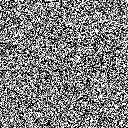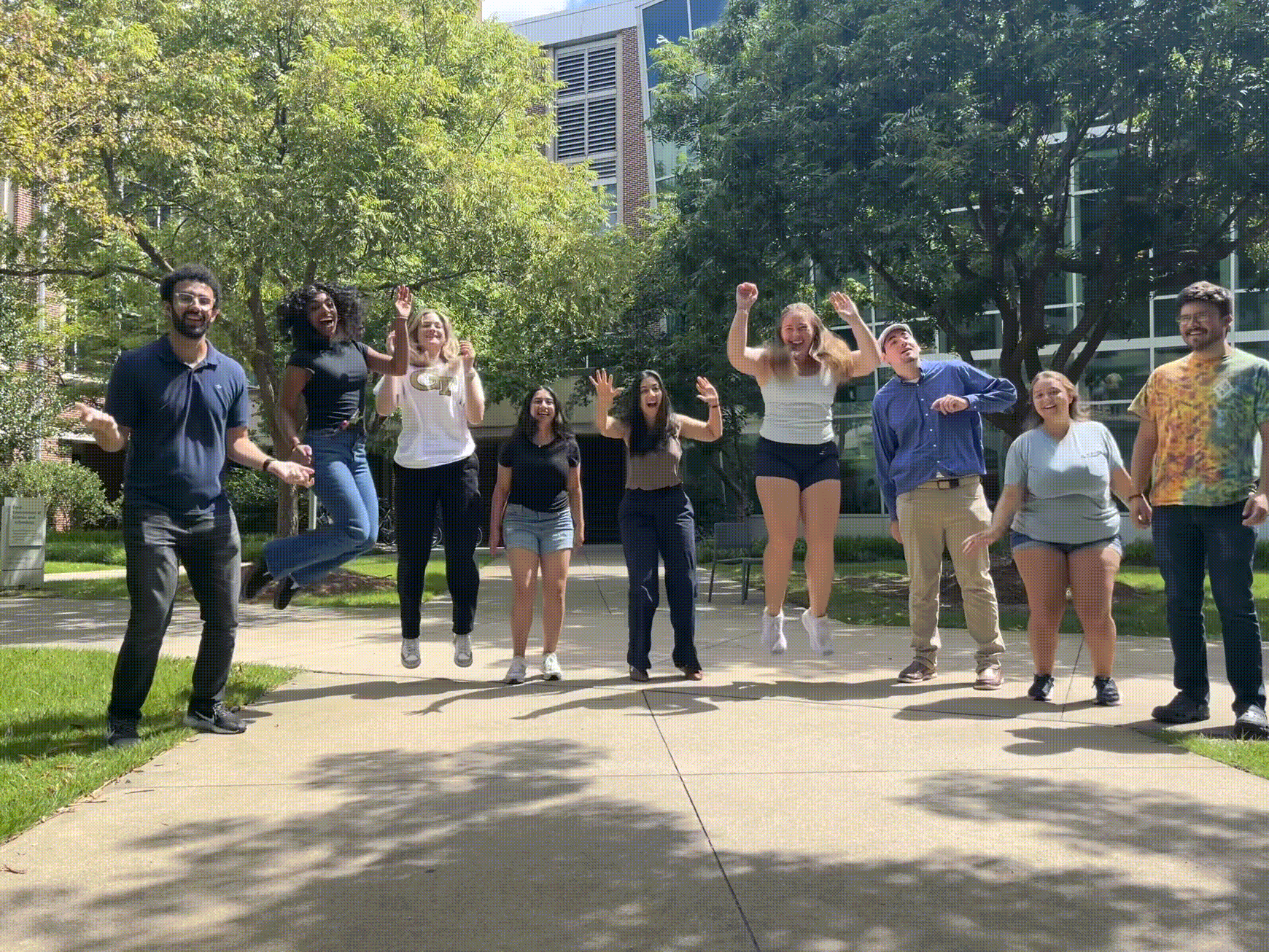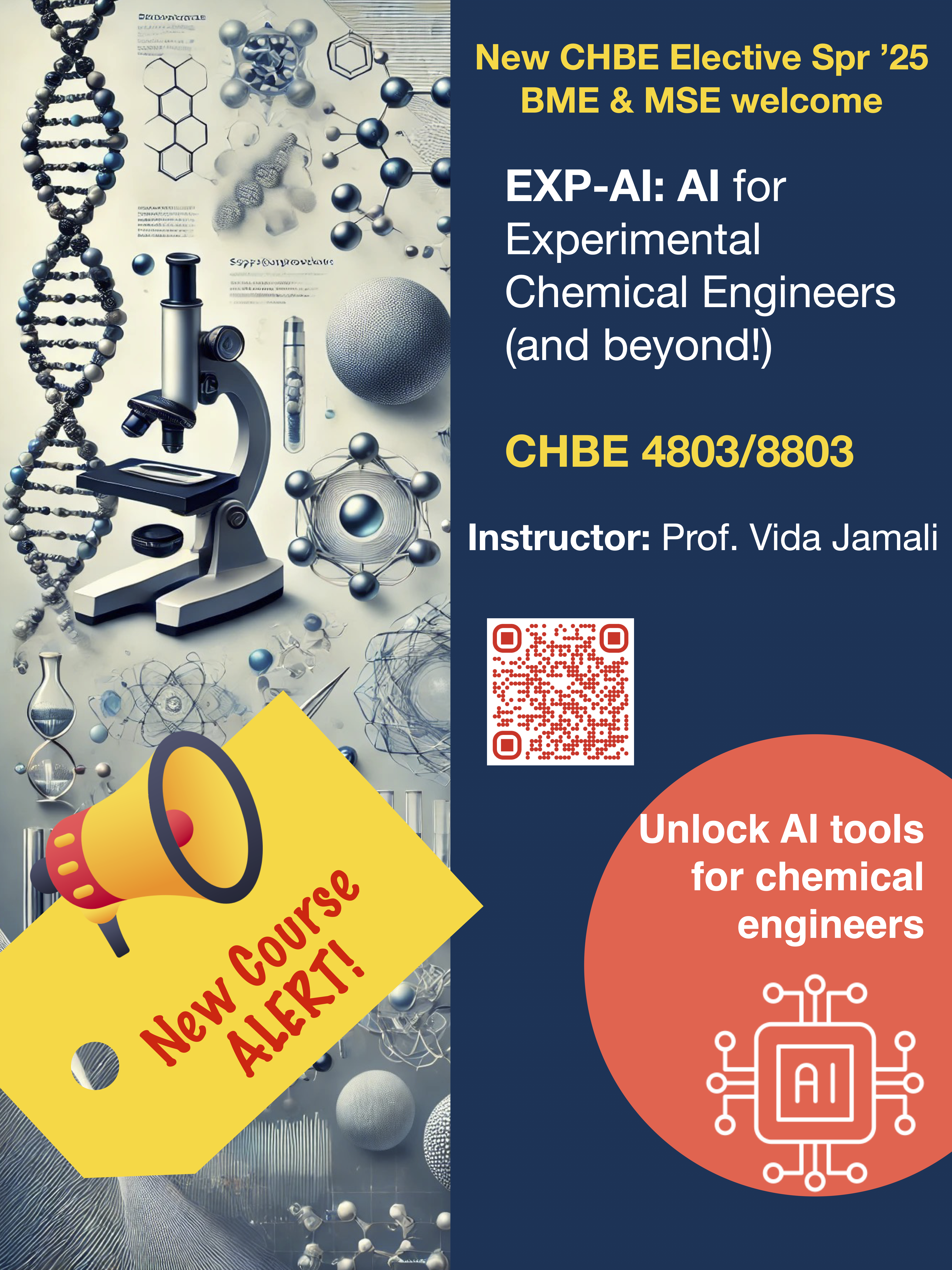Research
Decoding and Engineering Nanoscale Dynamics in Liquid Environments
Matter in liquid environments is inherently dynamic, heterogeneous, and non-equilibrium.
Yet most high-resolution tools remain optimized for static structure. Our laboratory is driven by a central question:
How can we directly measure, decode, and engineer nanoscale dynamics in complex liquid systems?
We integrate liquid-phase and cryogenic electron microscopy, correlative optical imaging,
stochastic thermodynamics, and physics-informed AI to uncover the physical rules governing motion,
assembly, and fluctuation in soft materials and biomolecular systems.
AI-Augmented Electron Microscopy
Liquid-phase TEM produces high-dimensional, noisy data that encode rich dynamic information. We develop:
- Generative and diffusion-based reconstruction models
- Physics-informed inverse problem solvers for low-dose imaging
- AI-guided acquisition and adaptive imaging strategies
- Automated and closed-loop electron microscopy for discovery and reproducibility
These approaches enable quantitative inference of nanoscale structure and dynamics beyond conventional image analysis.
Single-Particle Tracking & Stochastic Dynamics
We develop high-resolution spatiotemporal tracking and trajectory inference methods to quantify nanoscale motion in heterogeneous environments.
Our work:
- Resolves rare events and anomalous diffusion
- Measures viscoelastic memory and confinement effects
- Maps nanoparticle-interface interaction landscapes
- Connects stochastic trajectories to thermodynamic models
This framework bridges nanoscale experiments with statistical mechanics and soft matter physics.
Biomolecular Phase Behavior & Soft Matter
We apply these platforms to investigate:
- Biomolecular condensates and phase separation
- Protein conformational fluctuations in liquid environments
- Nanoparticle-biomolecule interactions
- Structure–dynamics–function relationships in complex fluids
By combining real-time imaging with mechanistic modeling and AI-enabled inference, we uncover the physical principles
governing the dynamics of self-organization.
Watch these videos if you want to hear more about our research:
Link to Youtube video of Vida's talk at Protochips webinar
Link to Youtube video of Vida's talk at Nano@Tech
Team
Principle Investigator
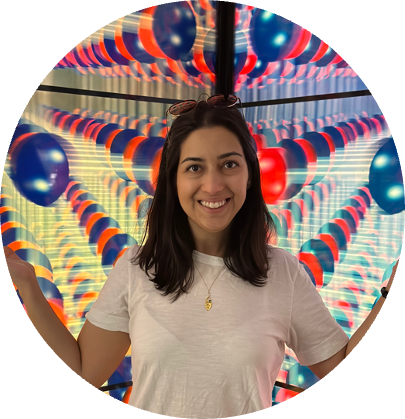
Vida Jamali (
CV)
Email:
vida@gatech.edu
Vida is an assistant professor of Chemical and Biomolecular Engineering
at GeorgiaTech since Aug 2022. She is also a program faculty member of Machine Learning
and Bioengineering PhD programs. She is also an affiliated faculty member of the Institute for
Matter and Systems (IMS), Institute for Bioengineering and Biosciences (IBB),
and Institute for Data Engineering and Sciences (IDEaS). Vida's work has been recognized by the NSF CAREER Award (2024),
ACS PRF Doctoral New Investigator Award (2023), and she has been named a Scialog fellow in Automating Chemical Labs (2024),
30 voices of Chemistry of Materials (2023), Beckman Young Investigator Award Finalist (2025), and
a rising star in soft and biological matter by the University of Chicago MRSEC (2021).
Vida is currently one of the initiative leads of IDEaS for AI in Chemical and Materials Discovery at Georgia Tech.
Before joining Georgia Tech, Vida was a postdoctoral researcher at
the University of California, Berkeley and Kavli Energy Nanoscience Institute working
with
Paul Alivisatos where she also collaborated closely with
Kranthi
Mandadapu.
She received her PhD in Chemical and Biomolecular Engineering from Rice University, advised by
Matteo Pasquali in
2017. Prior to that, Vida did her BS in Chemical Engineering at Sharif University of
Technology in 2011.
Graduate Students
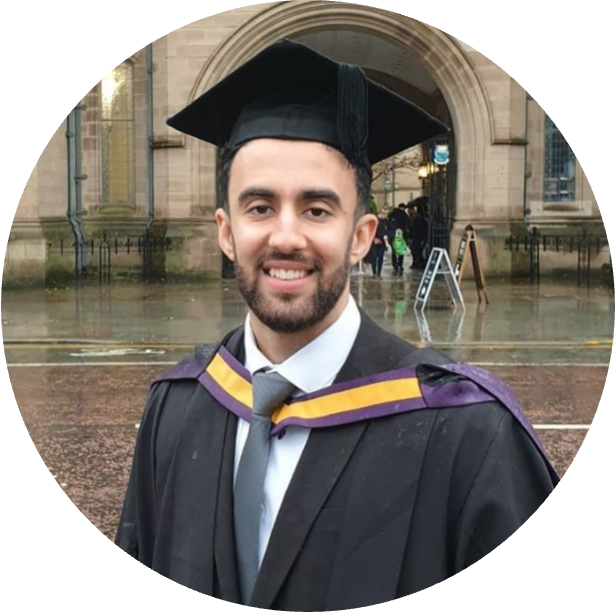
Zain Shabeeb
BEng Chemical Engineering, Newcastle University, 2018
MSc Advanced Process Integration and Design, The University of Manchester, 2019
Email:
zshabeeb3@gatech.edu
Zain was born and raised in Lahore, Pakistan and lived in Switzerland for four years during middle school.
Zain completed his BEng in Chemical Engineering and MSc in Advanced Process Integration and Design
from the UK. During his undergraduate studies at Newcastle University, Zain started developing
an interest in mathematical modeling and computer programming. For this reason, he pursued
a Master’s degree in Process Integration and Design, and in his free time, learned Python
programming, Machine Learning and Data Science. Before starting his Ph.D., Zain worked
in Fatima Group in Pakistan as a Supply Chain management associate, where he used
statistical time-series forecasting methods to forecast the prices of important commodities.
Zain is an avid fan of cricket, and in his free time loves to work out, play table tennis and pool.
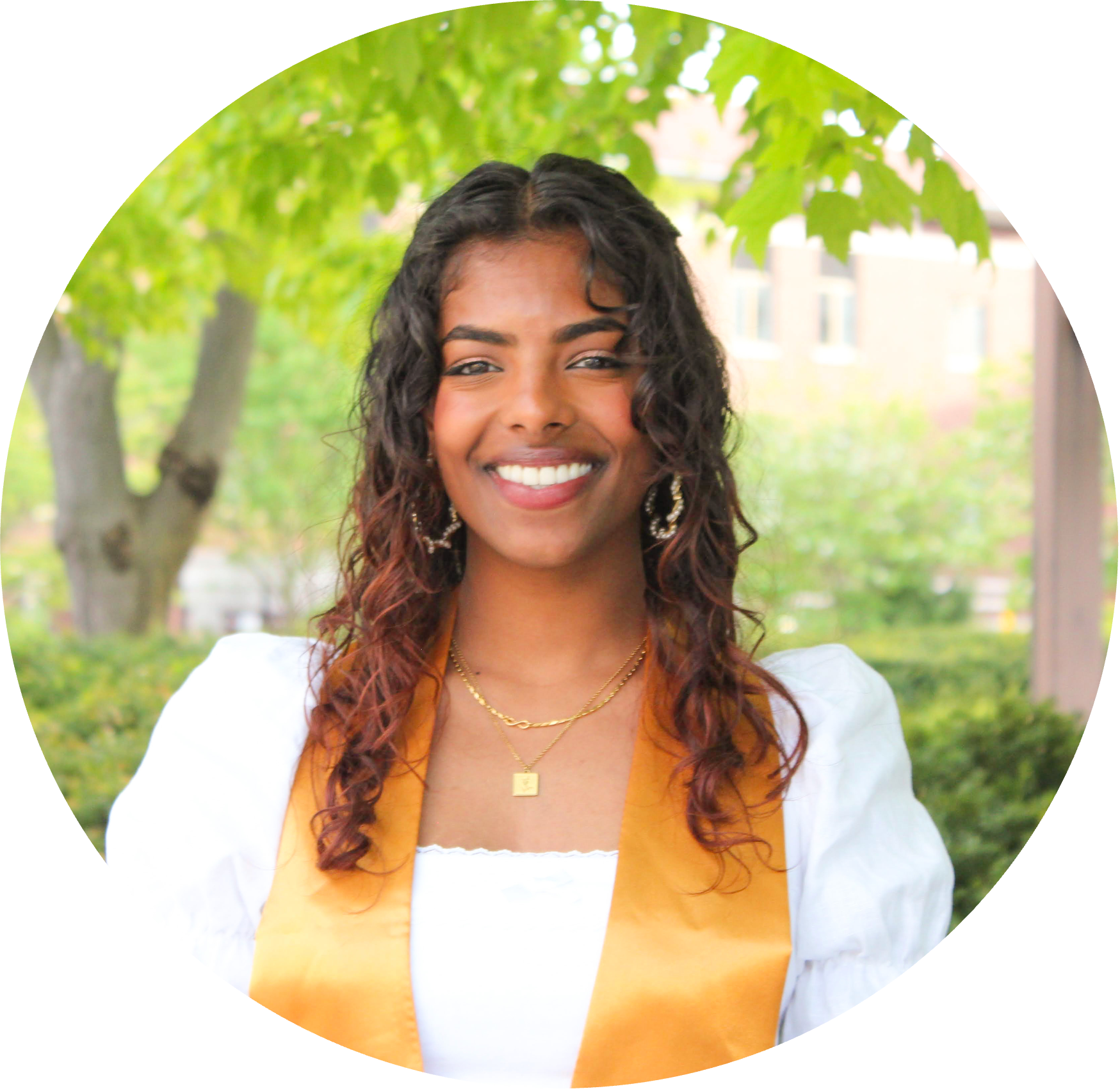
Isabel Panicker
BS Chemical Engineering, Purdue University, 2023
Email:
ipanicker@gatech.edu
Isabel was born and raised in Suburban Chicago, Illinois. She earned her Bachelor’s
degree in Chemical Engineering from Purdue University in 2023. There, she worked
with Dr. Rakesh Agrawal in his Solar Energy Group where her research focused on
solution based synthesis of Multinary Sulfides for Photovoltaics. She has also
spent time as a Quality Engineering Intern at Tesla working on the continuous
improvement of the Drive Unit Manufacturing Line. Isabel joined the Jamali Lab in
2023 and is excited to be working with nanoparticles and studying their
non-equilibrium behavior utilizing Liquid TEM. In her free time, she likes watching films,
drawing and painting.
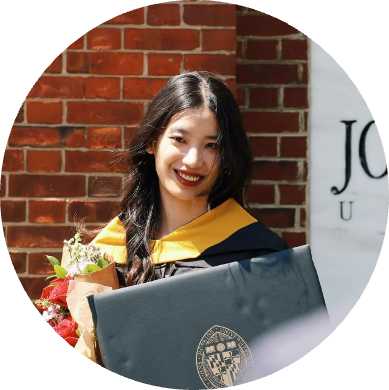
Yuling Zheng
BEng Biomedical Engineering, Sun Yat-sen University, 2023
MSc Biomedical Engineering, Johns Hopkins University, 2025
Email:
yzheng601@gatech.edu
Yuling was born and raised in Zhuhai, Guangdong, China. She earned her Bachelor’s degree
in Biomedical Engineering from Sun Yat-sen University, 2023. During her undergraduate study,
she worked with Dr. Jun Yue on developing quantum dot probes for bacterial infection diagnosis
and treatment. She went on to earn her Master’s degree in Biomedical Engineering from
Johns Hopkins University, where she worked with Dr. Honggang Cui, focusing on the fundamental
and therapeutic application of supramolecular polymer, especially in self-assembling
peptide-drug conjugates. Yuling joined the Jamali Lab in 2025. In her free time, she enjoys
playing volleyball, Taekwondo, and Guzheng.
Undergraduate Students

Lauren Caldwell
Email:
lcaldwell30@gatech.edu
Lauren is a fourth-year Chemical Engineering major at Georgia Tech from Fishers, Indiana.
Within the Jamali Lab, she is interested in nanoparticle fluid analysis via both laboratory
techniques and machine learning developments. Outside of school, she enjoys playing soccer,
traveling, baking, and exploring Atlanta.
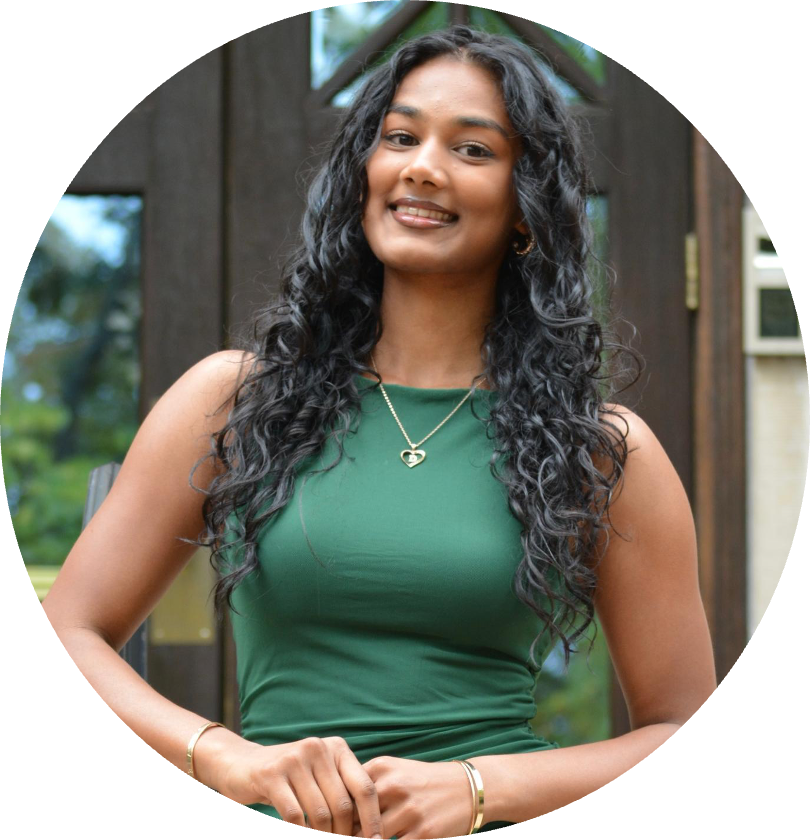
Diya Mahesh
Email:
dmahesh30@gatech.edu
Diya is a first-year chemical engineering major at Georgia Tech from Chalfont, Pennsylvania.
In the Jamali-Lab, she is eager to work with the synthesis and application of protein coacervates.
In her free time, she enjoys dancing, working out, and spending time with friends and family.
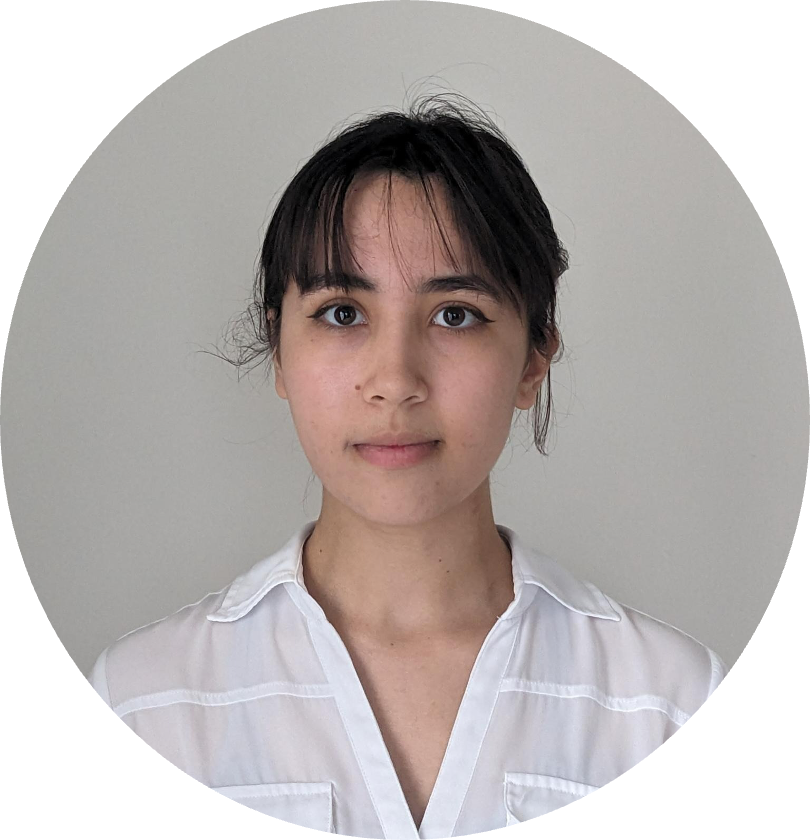
Anika Patel
Email:
apatel909@gatech.edu
Anika is a fourth-year Computer Science student from Leesburg, Virginia.
She joined the Jamali Lab to work on agentic AI systems for microscopy automation
and analysis. Outside of school, she enjoys hiking, gaming, and cooking.
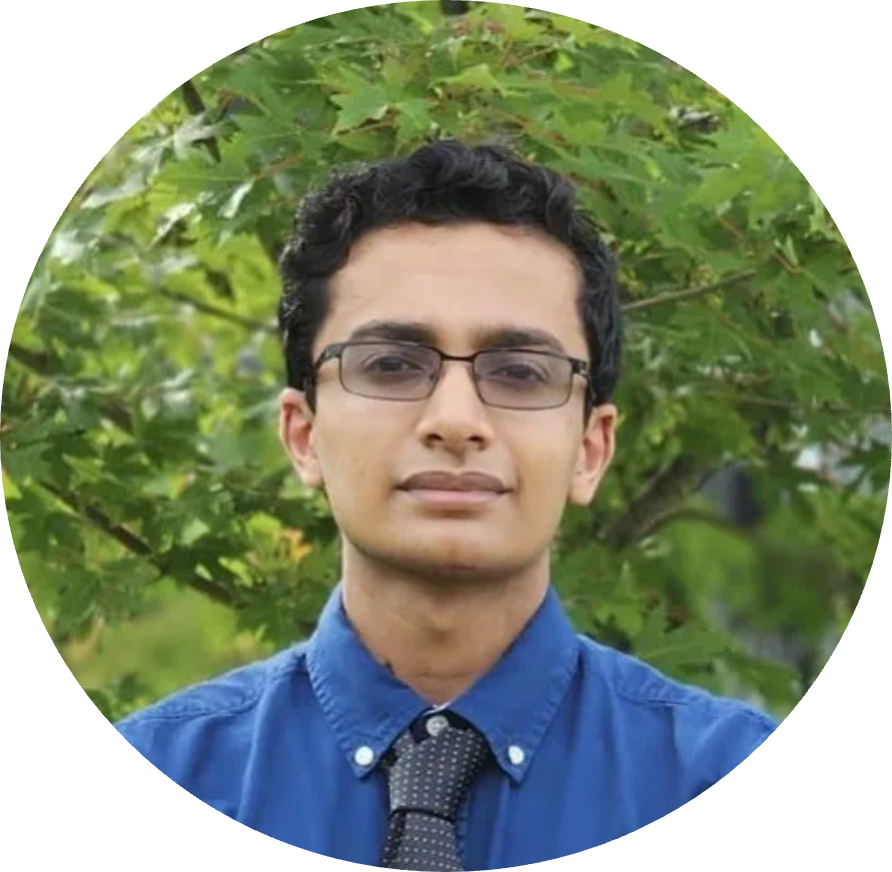
Siddarth Sreeram
Email:
ssreeram34@gatech.edu
Siddarth is a Computer Engineering student at Georgia Tech from Chantilly, Virginia.
He joined the lab to develop scientific computational skills in machine learning and
artificial intelligence. Outside of school, he enjoys playing table tennis and listening to music.

Riya Patel
Email:
rpatel806@gatech.edu
Riya is a second-year Chemical and Biomolecular Engineering student at Georgia Tech
from Newnan, Georgia. She joined the Jamali Lab driven by her interest in liquid–liquid
phase separation and the phase behavior of biomolecular systems. Outside of school,
she enjoys playing volleyball, cooking, running, and spending time with her friends and family.
Group Alumni
Madison Tat (2025), CHBE undergrad
Max Xu (2025), CS undergrad
Alexander Wang (2025), CS undergrad
Risha Goel (2024-2025), CHBE undergrad, Current Position: PhD student at the University of Minnesota
Cecilia Reed (2024-2025), CHBE undergrad
Laurence Lines (2024-2025), CHBE undergrad
Matthew Abernathy (2024), CHBE undergrad
Naisargi Goyal (2022-2024), CHBE undergrad, Current Position: PhD student at Princeton
Gabriel Joaquim Sampaio De Almeida (2023), CHBE undergrad
Arko Roy (2023), CHBE undergrad
